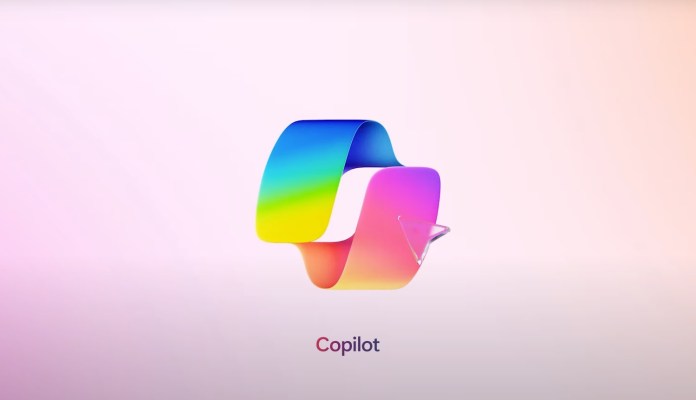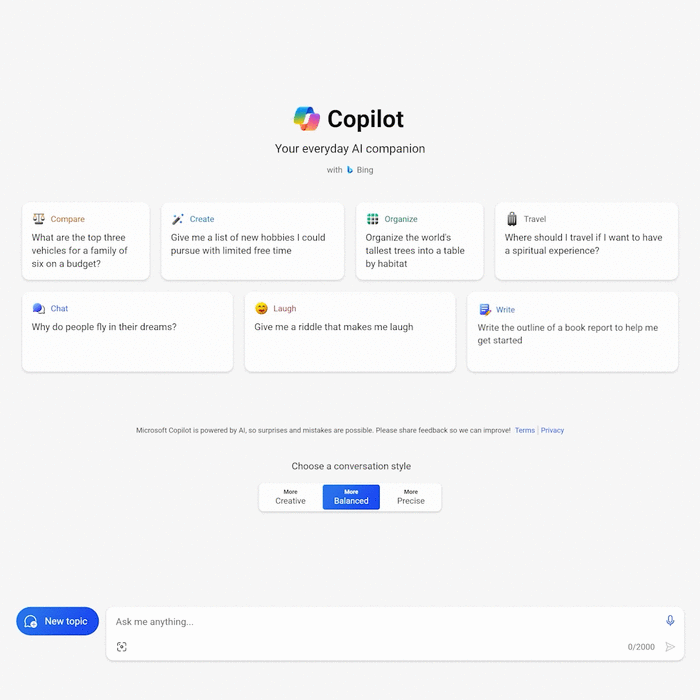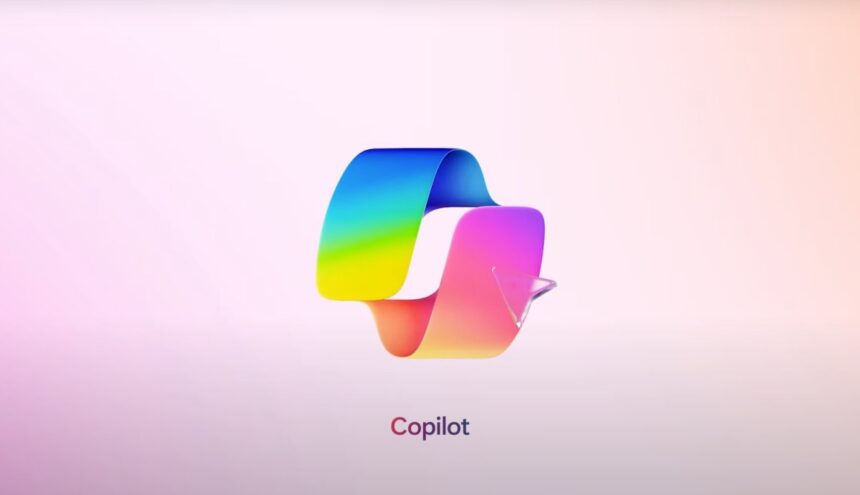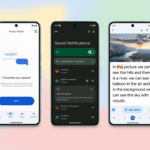
Microsoft Copilot, an AI-driven chatbot by Microsoft, can now compose music with the help of Suno, a GenAI music app.
Users can input prompts into Copilot such as “Create a pop song about family adventures” and use a plug-in to have Suno bring their musical ideas to life. Suno is capable of generating complete songs, including lyrics, instrumentals, and singing voices from a single sentence.
Copilot users can access the Suno integration by opening Microsoft Edge, visiting Copilot.Microsoft.com, logging in with their Microsoft account, and enabling the Suno plug-in or clicking on the Suno logo labeled “Make music with Suno.”
According to a post on the Microsoft Bing blog, the partnership is expected to broaden horizons for creativity and fun, making music creation accessible to all. This experience will start rolling out to users from today and gradually expand in the upcoming weeks.
Both tech giants and startups are increasingly investing in GenAI-powered music creation technology. In November, Google AI lab DeepMind and YouTube collaborated to release Lyria, a GenAI model for music, and Dream Track, a limited-access tool for creating AI-generated tunes in YouTube Shorts. Meta has shared several of its experiments with AI music generation. Additionally, Stability AI and Riffusion have introduced platforms and apps for producing songs and effects from prompts.

Image Credits: Microsoft
However, several ethical and legal concerns regarding AI-generated music are yet to be resolved.
AI algorithms rely on existing music to create similar effects, a reality that not all artists or GenAI users are comfortable with, particularly in cases where artists have not given consent for their music to be used for AI training and have not been compensated for it. Stability AI’s VP of Audio resigned after stating that GenAI “exploits creators,” and fully AI-generated songs have been barred from consideration for Grammy awards.
Many GenAI companies argue that fair use exempts them from compensating artists whose works are publicly available, even if they are copyrighted. Nevertheless, this remains uncharted legal territory.
Regarding Suno, the company does not disclose the source of its AI training data on its website or prevent users from inputting prompts such as “in the style of [artist],” unlike some other GenAI music tools. Suno asserts that it tries to block certain prompts, its models do not recognize artists’ names, and it prohibits users from uploading existing song lyrics to generate covers.
Suno claims that it does make an effort to block certain prompts, its models do not identify artists’ names, and it prevents users from uploading the lyrics of existing songs to create covers.
As the legality of gen AI music usage is being debated in the courts, homemade tracks that use GenAI to imitate familiar sounds are gaining popularity, sometimes passing off as authentic. Music labels have been quick to report them to streaming platforms, citing intellectual property concerns, and have generally been successful. Nonetheless, GenAI tool creators have moved to alternative platforms, going underground.
Clarification on the legal status of GenAI music might emerge soon, potentially through court decisions. A newly proposed Senate bill aims to offer recourse to artists, including musicians, when their digital likenesses and musical styles are used without permission.









